The Six Questions You Need to Ask When Planning for Change
Originally Published on October 6, 2022
The planning stage of a change is often the most overlooked and underused stage of change. Most leaders want to jump to creating a compelling vision, or trying to move the change forward and work though the challenges with their people. Others have a fear around things not going well and try to avoid the change as long as possible.
A good plan sets up your change for success. And I’m not talking about a change management plan (yet!) but the preliminary thinking and planning that goes into getting ready to change.
These are the key questions I work through with the change sponsorship team and senior leadership as we’re getting ready to start the planning process.
1. What is the change?
Establishing a clear understanding of the problem, and what the change will address is critical before any work can start. If the team and leadership is centered around a common problem, and the change is a solution, then it becomes clear WHY the change is happening. Alignment among the leadership of the organization is key here and helps to avoid challenges later on that can arise when people have different ideas about what the change is, and what benefits it will bring them.
2. What are the goals for the change?
This leads from the first question – what are the 3 – 5 key things that the change will accomplish for us and for the business. If we don’t have a clear idea on this at the beginning, this is where we can see lots of different stories bubbling up! In the absence of a main “headline” people will make up their own stories. While identification of the positive goals of change are important, also identifying the downsides of the change is important.
3. How and when do we know we are successful?
Many change managers call this the future vision, but I like to make this a lot more tactical. While future visioning can be important, and thinking big a wonderful way to look at possibility, success for change means that we need to get tactical. This is a key item that will go into your change management plan, and it is important to know “benefits management” but really its all about knowing what success is, making sure everyone is aligned on that, and agreeing to when you’ll measure it.
4. Who are the people most affected by this?
Understanding from your senior core team how their people will respond to change is going to give you a clear picture of how to build and address your stakeholder strategy in the next phase. Understanding who is highly affected v.s. who is marginally affected will help you align your efforts in the next step where you use Connected Change ™ to understand the group dynamics and systems that undelay the stakeholders that will be most affected by the change.
5. How do communications work around here?
Getting a sense of how things are done today with regards to communications is going to help you understand what you need to be thinking about in terms of planning the communications and approaches in the change management plan and the communications plan. Use the approaches that work well, and add or enhance from there. Remember, repetition is key here! Get prepared for “short, sweet and then repeat” so that you are communicating early, and often.
6. How confident is the senior team about early communication?
Nobody likes to feel that they are the last one to find out about change! Often teams and stakeholders feel that communications are “late” and they would have liked to know earlier on about the change. On the other hand, leaders feel cautious around communicating too early when they don’t have the answers. A key approach with change that makes it successful is transparency. Leaders need to get comfortable with saying they are “figuring things out”, “we are working on it” or “this is part of where we need your input to make it successful”. Having all the answers isn’t a prerequisite to a successful change, but communicating early and often is. You’ll need to be working with the team to get them comfortable with early communication, as it will reap rewards later.
These are the six key questions that I like to ask as I’m embarking on a change journey with a leadership team and sets you up well for the planning stages of change.

